Mazda ‘i-ELOOP’ World’s First Capacitor-Based Regenerative Braking System for Passenger Vehicles

Mazda Motor Corporation has developed the world's first passenger vehicle regenerative braking system that uses a capacitor. The groundbreaking system, which Mazda calls 'i-ELOOP', will begin to appear in Mazda's vehicles in 2012. In real-world driving conditions with frequent acceleration and braking, 'i-ELOOP' improves fuel economy by approximately 10 percent.
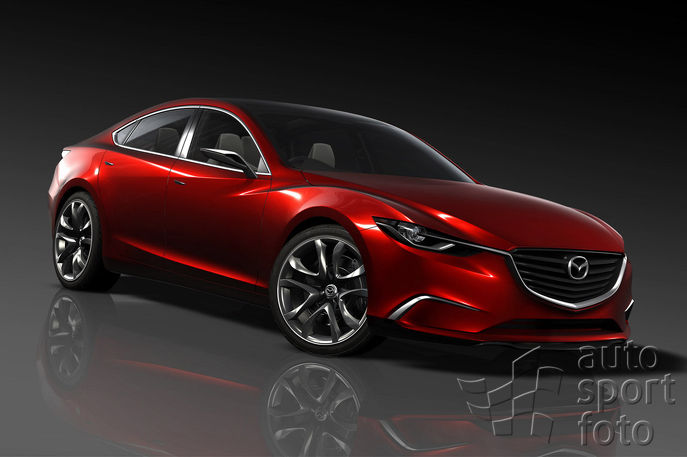
Mazda's regenerative braking system is unique because it uses a capacitor, which is an electrical component that temporarily stores large volumes of electricity. Compared to batteries, capacitors can be charged and discharged rapidly and are resistant to deterioration through prolonged use. 'i-ELOOP' efficiently converts the vehicle's kinetic energy into electricity as it decelerates, and uses the electricity to power the climate control, audio system and numerous other electrical components.
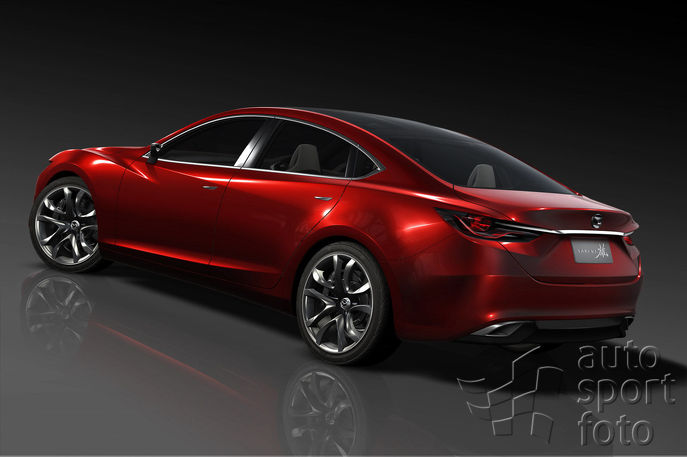
Regenerative braking systems are growing in popularity as a fuel saving technology. They use an electric motor or alternator to generate electricity as the vehicle decelerates, thereby recovering a portion of the vehicle's kinetic energy. Regenerative braking systems in hybrid vehicles generally use a large electric motor and dedicated battery.
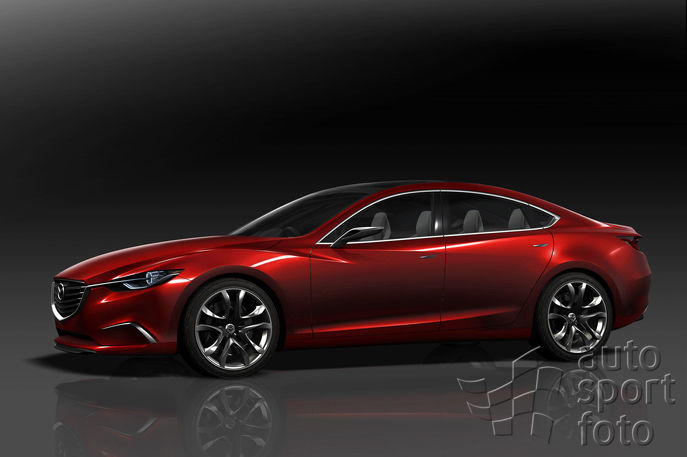
Mazda examined automobile accelerating and decelerating mechanisms, and developed a highly efficient regenerative braking system that rapidly recovers a large amount of electricity every time the vehicle decelerates. Unlike hybrids, Mazda's system also avoids the need for a dedicated electric motor and battery.
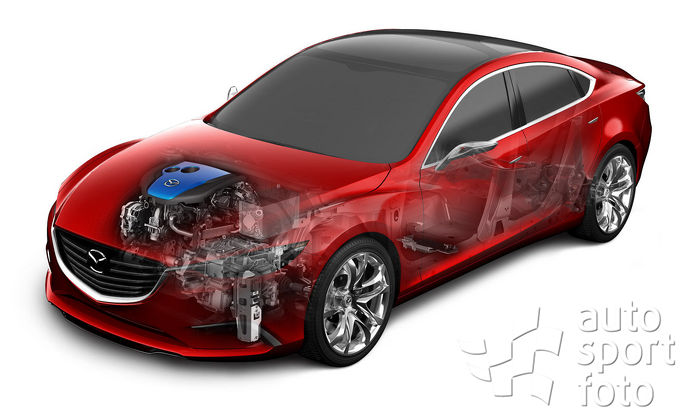
'i-ELOOP' features a new 12-25V variable voltage alternator, a low-resistance electric double layer capacitor and a DC/DC converter. 'i-ELOOP' starts to recover kinetic energy the moment the driver lifts off the accelerator pedal and the vehicle begins to decelerate. The variable voltage alternator generates electricity at up to 25V for maximum efficiency before sending it to the Electric Double Layer Capacitor (EDLC) for storage. The capacitor, which has been specially developed for use in a vehicle, can be fully charged in seconds. The DC/DC converter steps down the electricity from 25V to 12V before it is distributed directly to the vehicle's electrical components. The system also charges the vehicle battery as necessary. 'i-ELOOP' operates whenever the vehicle decelerates, reducing the need for the engine to burn extra fuel to generate electricity. As a result, in "stop-and-go" driving conditions, fuel economy improves by approximately 10 percent.
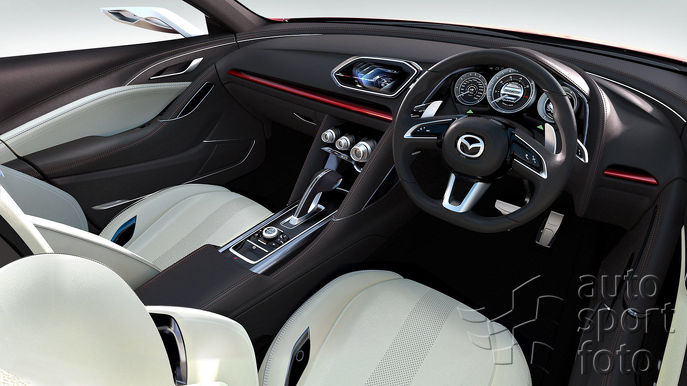
The name 'i-ELOOP' is an adaptation of "Intelligent Energy Loop" and represents Mazda's intention to efficiently cycle energy in an intelligent way.
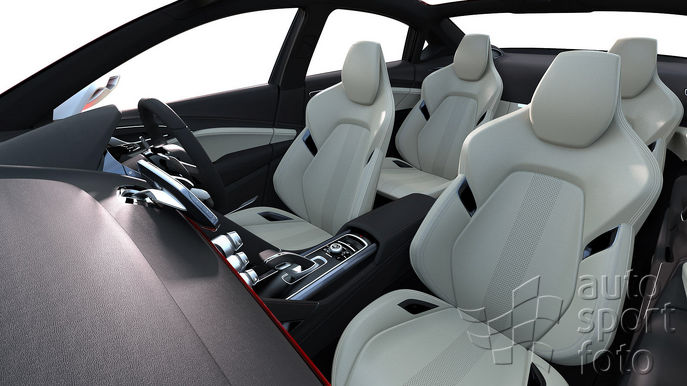
'i-ELOOP' also works in conjunction with Mazda's unique 'i-stop' idling stop technology to extend the period that the engine can be shut off.
Mazda is working to maximize the efficiency of internal combustion engine vehicles with its groundbreaking SKYACTIV TECHNOLOGY. By combining this with i-stop, i-ELOOP and other electric devices that enhance fuel economy by eliminating unnecessary fuel consumption, Mazda is striving to deliver vehicles with excellent environmental performance as well as a Zoom-Zoom ride to all its customers.

At the 42nd Tokyo Motor Show, Mazda will debut the i-ELOOP system in the TAKERI concept car, a next generation mid-sized sedan that features SKYACTIV TECHNOLOGY and KODO - Soul of Motion design theme.
Diskusia k článku
Najnovšie galérie





























 Alexandre
Alexandre 
 Matúš
Matúš 
 Rudolf
Rudolf  Bruno
Bruno 
 Thomas
Thomas 